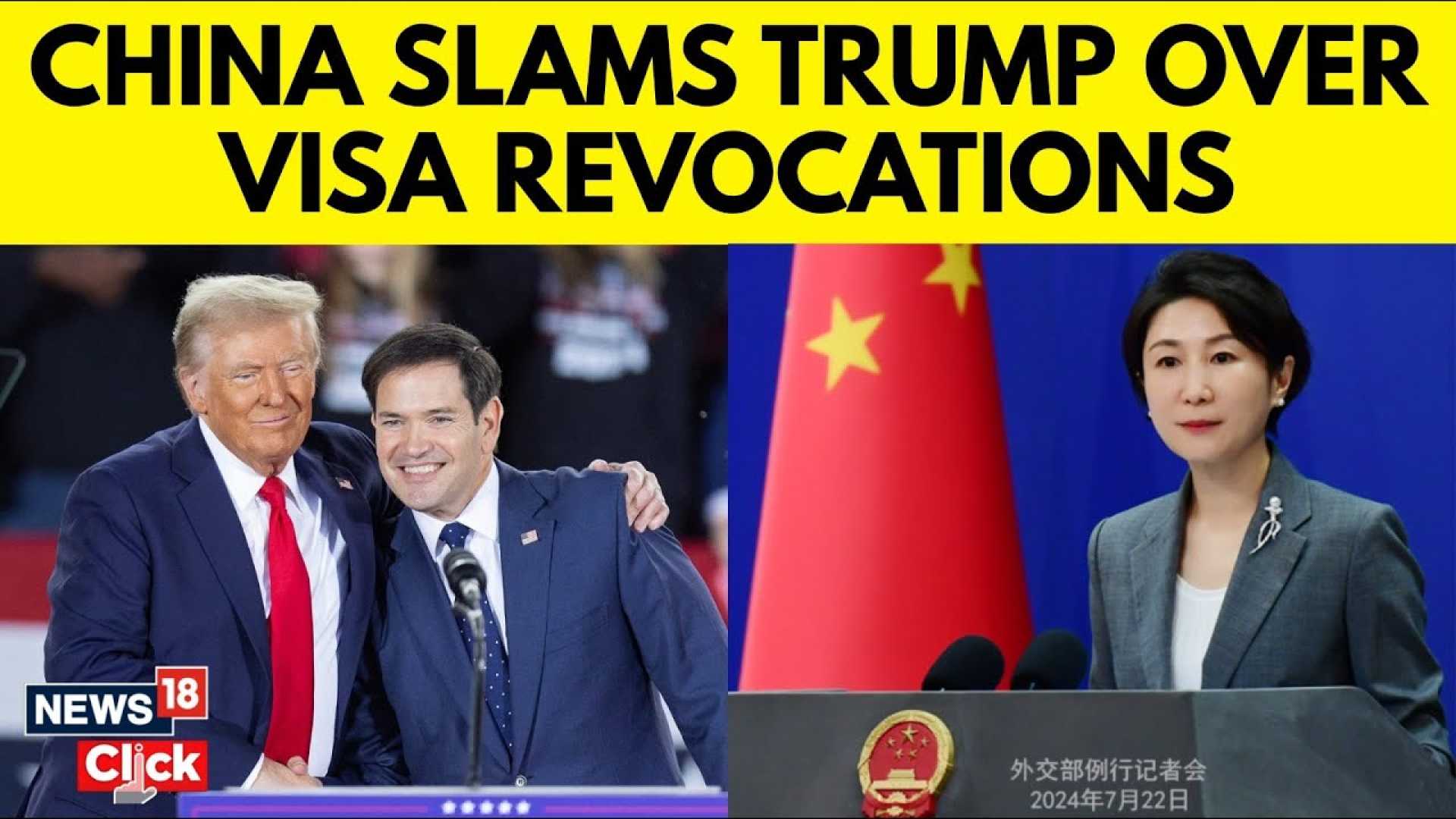World
Trump Administration Moves to Revoke Chinese Student Visas Amidst Rising Tensions

LOS ANGELES, California — The Trump administration’s announcement this week that it will “aggressively” revoke visas for Chinese students has raised concerns among international students and angered leaders in the Chinese American community.
Secretary of State Marco Rubio stated that the visa revocations would target students with connections to the Chinese Communist Party as well as those studying in critical fields. However, specifics on which fields may be affected were not disclosed.
Scholars fear this decision could negatively impact Chinese students enrolled in U.S. colleges, jeopardizing their academic futures and threatening billions in tuition revenues that are vital for universities already facing financial strains.
In California, where more than 51,000 Chinese nationals represent a significant portion of the international student population, the potential economic fallout is particularly acute. Chinese students make up over a third of California’s nearly 141,000 foreign students.
On Thursday, multiple politicians and educators criticized the plan as xenophobic. Rep. Judy Chu (D-Monterey Park) claimed the decision would harm the United States while unfairly targeting Chinese individuals instead of the government.
State Department spokesperson Tammy Bruce defended the initiative by citing national security concerns, alleging that China exploits academic exchanges for technological theft and military enhancement.
Many within the academic community view this as a potentially damaging policy that could prompt a significant exodus of talent from the U.S., particularly in key areas like technology and defense. David M. Lampton, a professor emeritus at Johns Hopkins University, remarked that this could make Chinese universities more appealing to exceptional researchers.
The University of California has over 17,800 Chinese students, and the implications of the visa policy extend beyond economics; they influence the broader image of the U.S. as a destination for intellectual and cultural exchange.
Meanwhile, Chinese families are reconsidering the financial sacrifices involved in sending their children abroad for an uncertain future, with some potential students already seeking opportunities in countries like the UK and Canada.
The unfolding situation may not only hurt the financial stability of American colleges but also challenge the U.S. role as a leader in global education.












